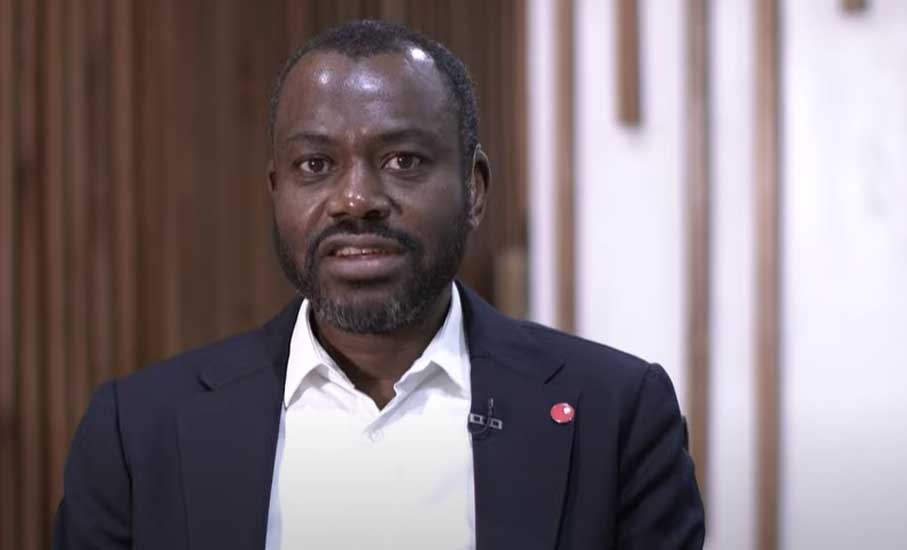Serious Politicians Can Reduce Poverty By Half In Four Years– Sterling Bank CEO
Sterling Bank Chief Executive Officer, Abubakar Suleiman has said that Nigeria’s poverty rate can be reduced by half in four years if serious politicians take over government affairs.
For him, such government will adopt new ways to commit the private sector to fund tertiary education and set aside the “1960 funding model.”
Advertisement
He said this as part of the debate on how to reduce the surging rate of poverty as projected by the National Bureau of Statistics.
The National Bureau of Statistics data on poverty revealed that 133 million Nigerians are living in multidimensional poverty.
Suleiman said, “I have always believed that the speed at which we will reduce poverty will be measured by the amount of sacrifices we are willing to make. If we are not willing to sacrifice anything, especially those that have a better life, it is much harder to reduce poverty.
“But I do believe that in the life of one administration, we can easily half that number (133 million poor).”
Advertisement
According to him, electricity, education, and fertility are key areas that should be given adequate attention to eradicating poverty in Nigeria.
But he advocated that paying attention to the education sector will solve the growing rate of poverty if Africa’s most populpous nation.
“You can’t do without any of the three,” he insisted adding, “education will be the strongest leg of the tripod. It enables you to provide electricity. There are sufficient data to prove that for you to manage fertility, it requires an educated population,” Suleiman said in an interview on Arise Tv.
The Sterling Bank boss lamented the insufficient funding provided for education in the budget.
According to the NBS, more than 20 million Nigerian children are out of school.
Advertisement
Suleiman said, “At this point we are not doing enough. If we want to change that, we should be looking for an alternative and sustainable way to fund tertiary education and then redirect those resources to funding some of our primary and secondary education in so doing, we will not only take the children off the street. We also improve the quality of education.
“The thinking is this. We are carrying a model that worked in 1960. We are carrying a model that was efficient in 1970 when less than 20,000 Nigerians were in tertiary institutions from a population of 57.7 million. Can that model work in Nigeria today where we have over 2 million Nigerians in tertiary institutions? I don’t think so.”
Suleiman noted that any attempt by the government to remain the sole financier of education would worsen the crisis.
The CEO said, “My estimation is that we need to have at least 10 million Nigerians which is about 5 percent of our population studying in institutions of higher learning across the country for us to start to break the back of poverty. Government can’t fund that. They are already struggling with 2 million.
He said Nigeria should come to a point where tertiary education becomes an “investment in an individual and that the individual has the capacity and the will to pay back that investment.”
Suleiman revealed that it is when “we can start directing resources from tertiary institutions move that into primary and secondary institutions where we now face crisis and we need to declare that a national emergency and then allow other funding sources to fill the gap.”
Advertisement
“I do believe that Nigerians who are well-educated earn enough to be able to pay back the cost of that education.
“I don’t know any country with 200 million people where the primary funder of education is the government, It’s a struggle.”
On increasing the employability of graduates from tertiary institutions, he said that there must be a connection between educational institutions and the workplace.
The CEO said, “You cannot have a tertiary education that is completely disconnected from the industry. They end up not being able to take feedback from the industry and they end up training people that the industry has to now retrain.
“It is not like an internship it has to be more hands-on and head-on. People who are getting an education for instance to be a banker need to spend far more time in banks than in the classroom, because right now it is about jobs and you are not going to get jobs from theories.”
He also advocated giving people access to “learning outside the four walls of schools.”



